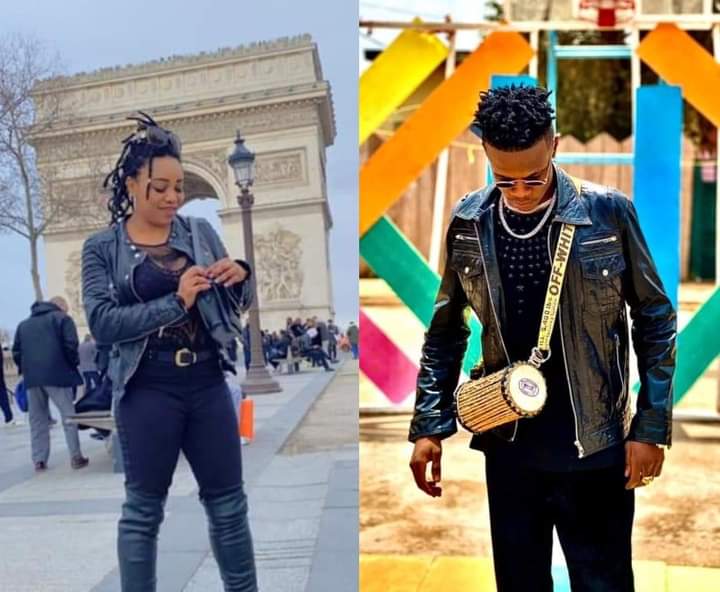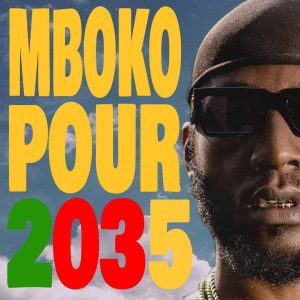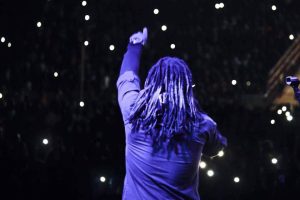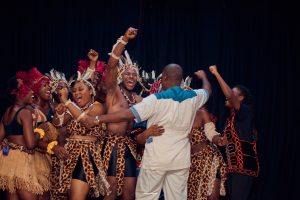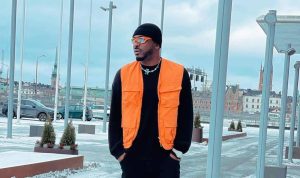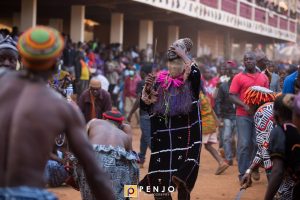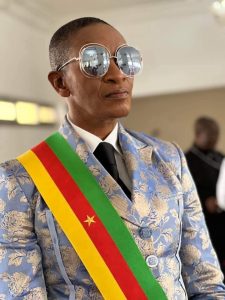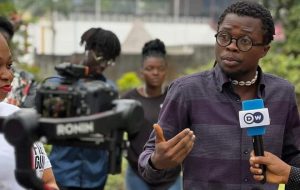Artists fighting over song ownership is not a new thing.
Most recently, we saw Happy d’Effoulan accused of plagiarising Chimene Ngoly’s ‘Mama’.
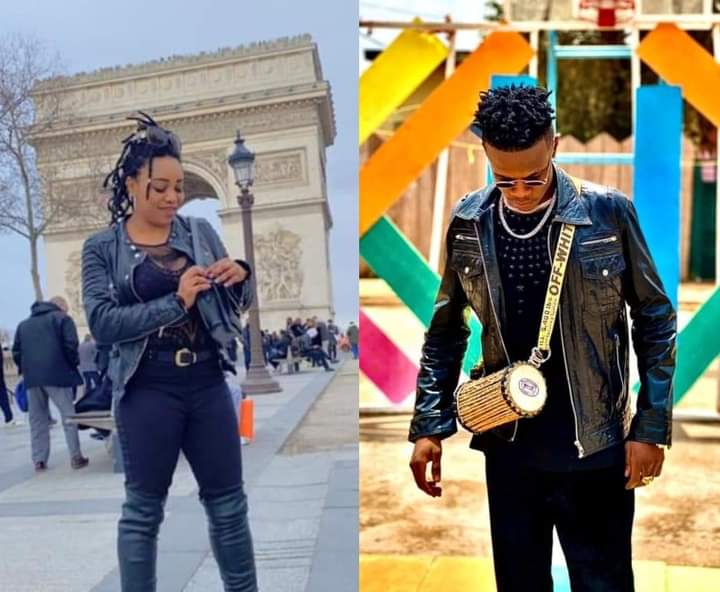
Even the likes of Kanye have faced such accusations before.
Also, we cannot forget how Shakira ‘zangalewad’ Cameroon. lol.
Lyrics and sound plagiarism or biting other artists’ flow like most rappers would call it, has fetched many millions and had seen others shoot to the stars.
Art is always hinged on the works of another, one way or the other. Hardly any piece made can be 100% void of any other work ever made.
It is also for this reason that it has become more common than ever to find plagiarized work, or maybe it is just easier to detect these days thanks to technology.
Ideally, the owner of the plagiarised song has the burden to prove that the other person listened to it and used it without their permission to make theirs.
But how solid and up-to-date are Cameroon’s copyright laws when it comes to music? What provisions does it make for these and how effective is the follow-up?
In most instances, we tend to rely more on what Africans have for ages come to be known by – morality.
If asked, many would base their conclusion on the major components of the new song. Like what percentage of it was ‘stolen’ and how much it sounds like the original version.
To them, it therefore becomes more worrisome when what is being sampled becomes itself, a main component in the new composition.
It always boils down to one thing, and that is permission.
Asking will save you a lot of trouble and getting a signed waiver will make it even more better.
– Giyo Ndzi

